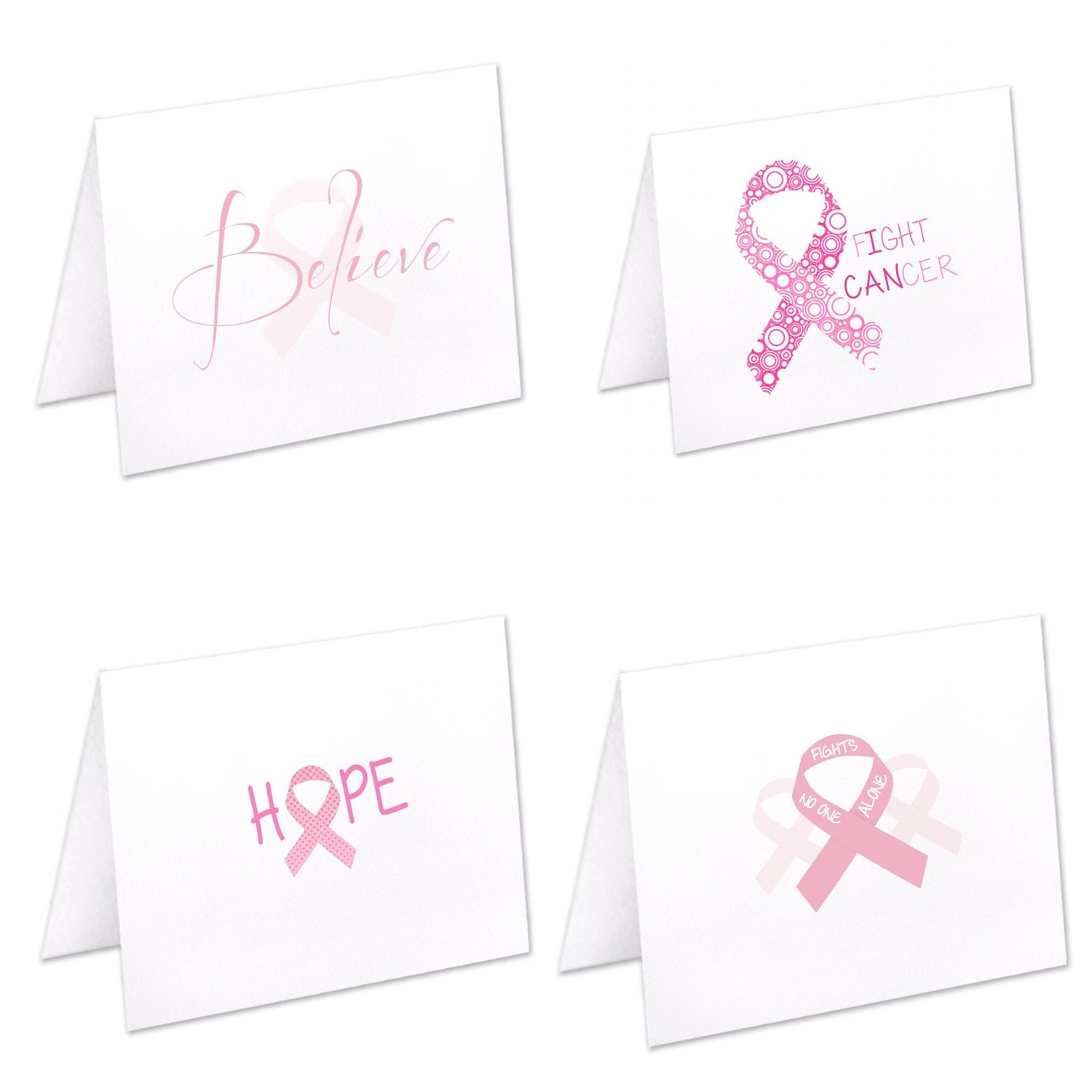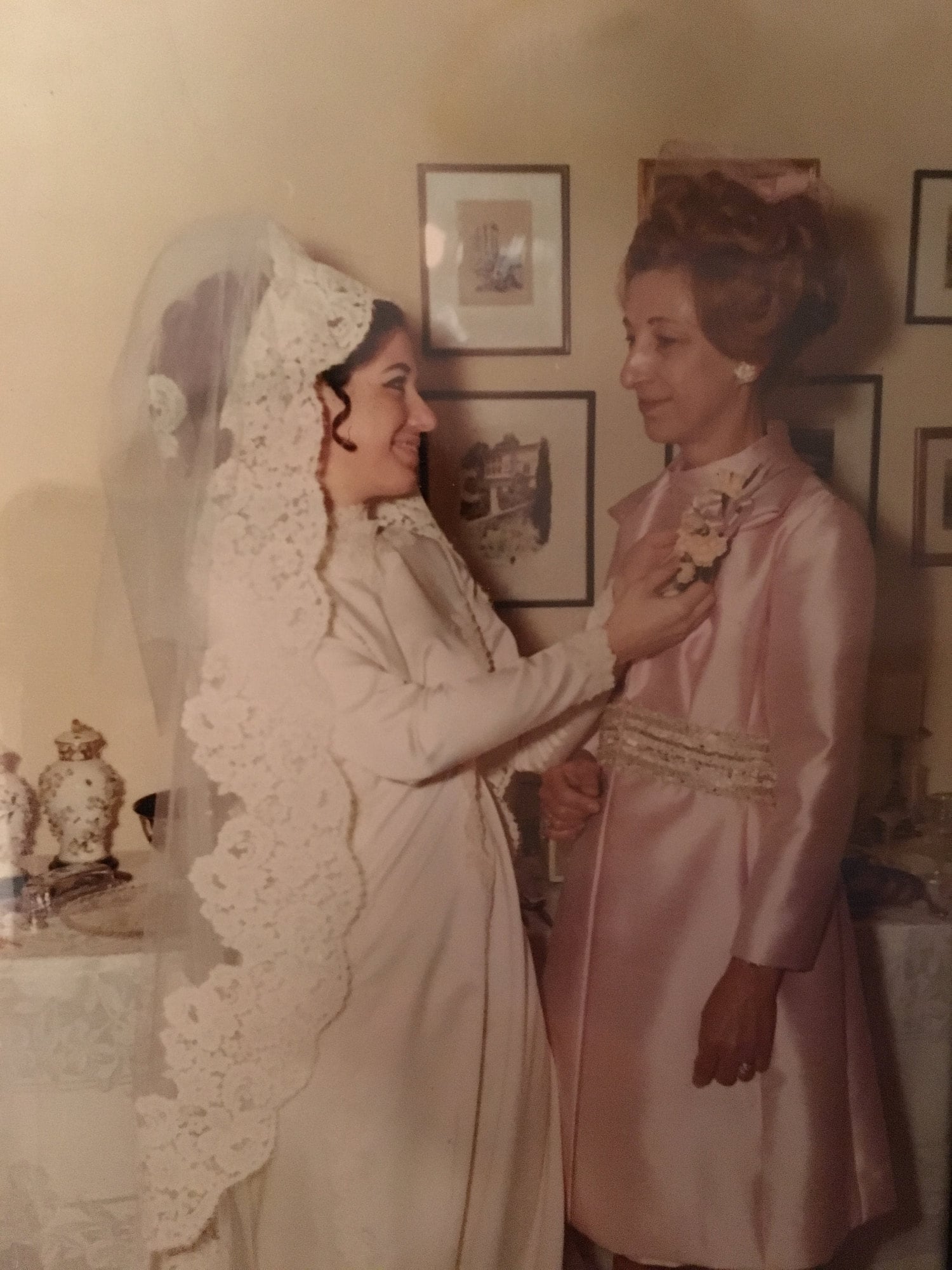Welcome to The Enchanted Envelope!
Before I tell you the story of our shop, I think it's more timely to tell you why we added breast cancer awareness note cards recently.
For me, it all comes back to my grandmother -- the strongest and bravest person I've ever met.
This miraculous woman's body, at the tender age of 39, was ravaged by breast cancer in the 1950s.
Yet, there was Helen, fighting off a disease during a time when most people wouldn't even dare utter the word "cancer."
Not having nearly the technology, medications or treatments they have today, doctors performed a radical mastectomy, cutting off not only her left breast, but all of the muscles in and around her left shoulder just to make sure they got every bit of cancer. Then they drastically overradiated her -- again -- to try to ensure none of that poison remained in her body.
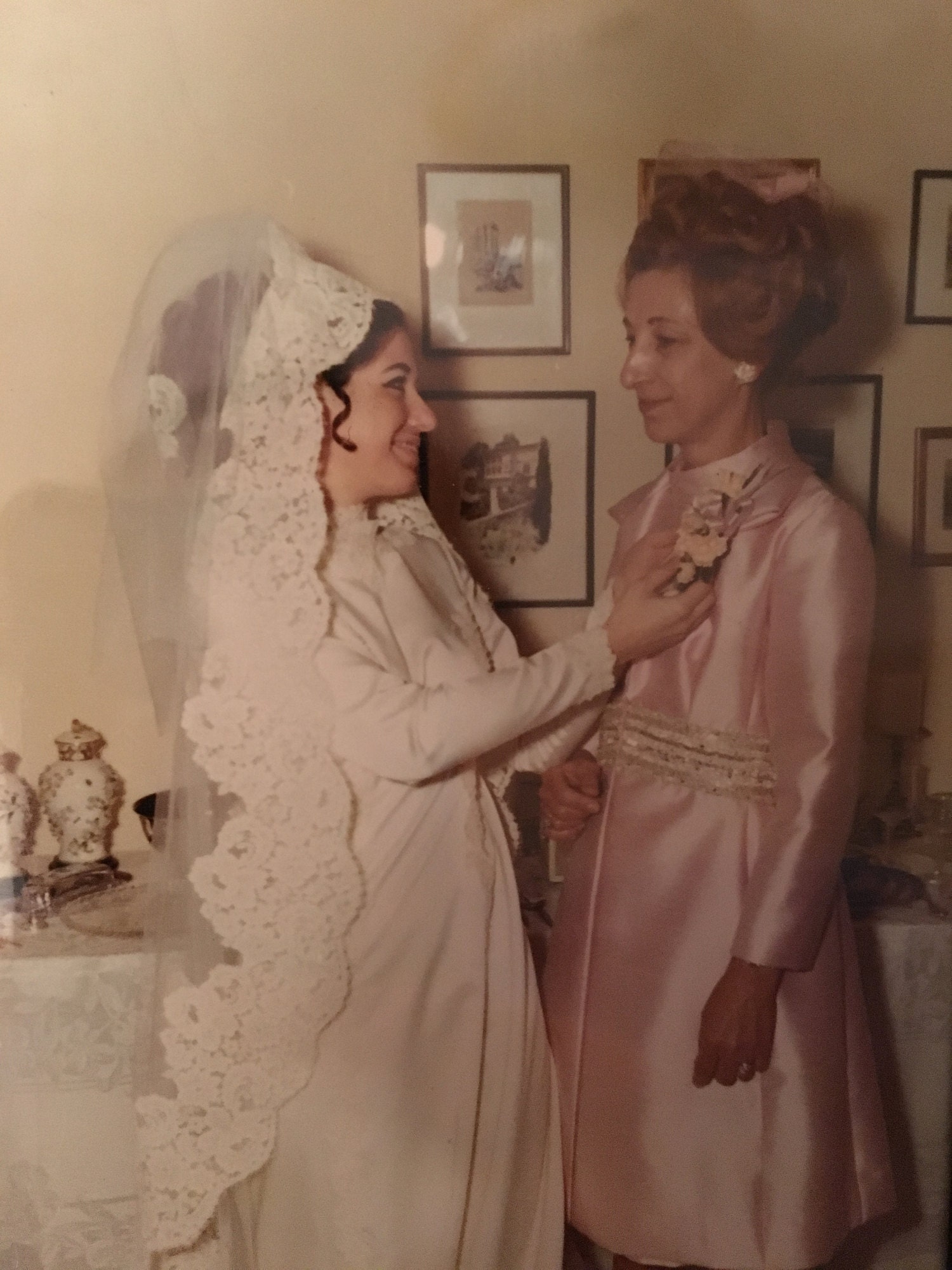
What did she do as she was going through all of it? She worked. That's right. She went to work at the restaurant every day that she owned with my grandfather in Binghamton, N.Y. She cooked, she waitressed, she cleared tables, to tended bar, she peeled potatoes until her fingers were raw and then she did it all over again--seven days a week, 364 days a year.
When her shoulder continued to weaken, there was little doctors could do. There was no physical therapy then, no one to work with her 2-3 times a week to strenghthen her muscles. So, in an effort to help, doctors advised she use her left hand to brush her hair over and over and over.
"Get that brush over your head as high as you can," they instructed her.
My mom, just nine years old at the time, saw bits and pieces of it unfold.
"I'd see her through the crack in the bathroom door brushing her hair as tears rolled down her cheeks," my mom told me. "Then she'd walk out looking as beautiful as ever and was ready for the restaurant."
It didn't take long for my Yaya (she's Greek and that's grandma in Greek) to lose use of her left arm entirely. The muscles were broken down and never healed. The radiation had essentially killed the healthy parts of her arm and shoulder.
The end result?
My Yaya, who was left-handed, could no longer use her left hand/arm. Ever. At all. For anything. She lost her ability to chop vegetables like those chefs on the Food Network (yes, she really had been able to do that).
Instead, she was forced to use her right hand. Now try to picture this: she would use her right hand and arm to physically lift and place her left hand on a carrot just so that left hand could kind of, sort of, hold the carrot in place. She would then ever-so-slowly cut the carrot with her right-hand.
Don't ask me how many times the poor woman (and I witnessed this as a young girl and teenager) would cut her left hand/arm/fingers and not know it because she couldn't feel it. You'd just see her bleeding. She even caught on fire and couldn't feel anything. Then she'd realize she was on fire when she smelled smoke. She was completely numb. She had no feeling at her from the top of her shoulder to her fingers tips.
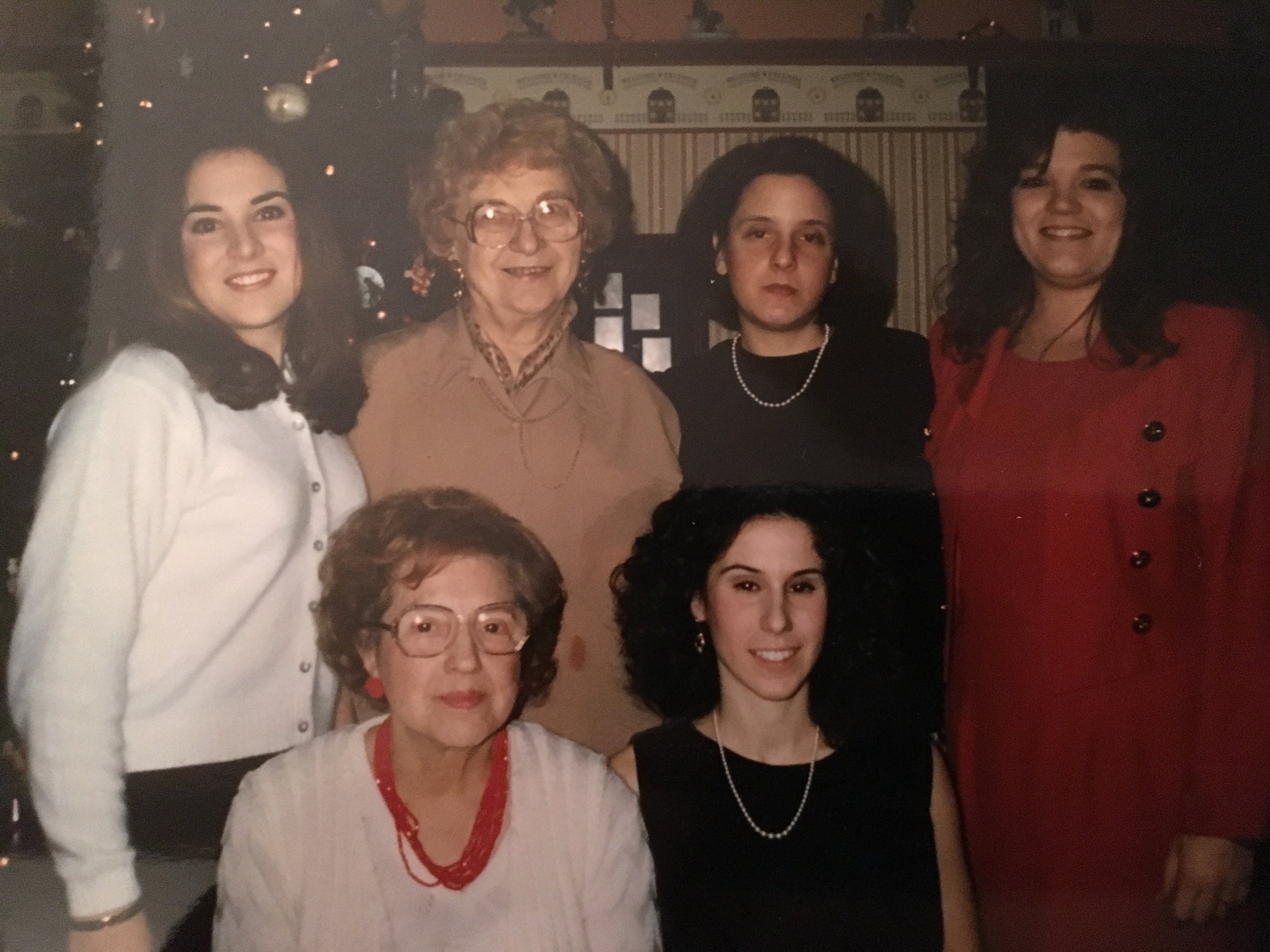
When she visited or I visited her, I always helped her get dressed. Do you know how hard it is to button a blouse, nevertheless a bra, with one hand? And she hadn't had reconstructive surgery. There was no such thing in the 1950s.
As amazing she was to work through her illness and recovery, that's not what's most impressive about my grandmother. It was her strength and positive attitude.
There was never a complaint. Not once. Not ever. She never talked about how much her arm hurt -- and believe me it did. The swelling was horrific all the way up until the day she died in 1997 at the age of 77. She never said, "Why me?" She never said it was hard.
Helen Hadges went about her days with more bravery than I ever could. She's the type of person most of us could learn from. I wish she were here for you to personally see that.
Over the course of less than 18 months, I got pregnant four times and lost all four, including an ectopic pregnancy that nearly ended in an emergency hysterectomy. We did three rounds of unbelievably costly and emotionally draining IVF. The heartache was unreal. Our bills are through the roof. But then, in December 2013, that little plus-sign appeared on a stick. 50-some doctors appointments, 20-some ultrasounds and 40 weeks of being a high-risk pregnancy later, Sikora Grace Housenick arrived.
Her first name has you wondering: where did this couple come up with that?
I believe Sikora is here courtesy of my Yaya, who, prior to getting married, was Helen Sikora. My daughter, who fought so hard to get here, is named after someone else who fought so hard to stay here. So it seemed only fitting to name her after my Yaya.
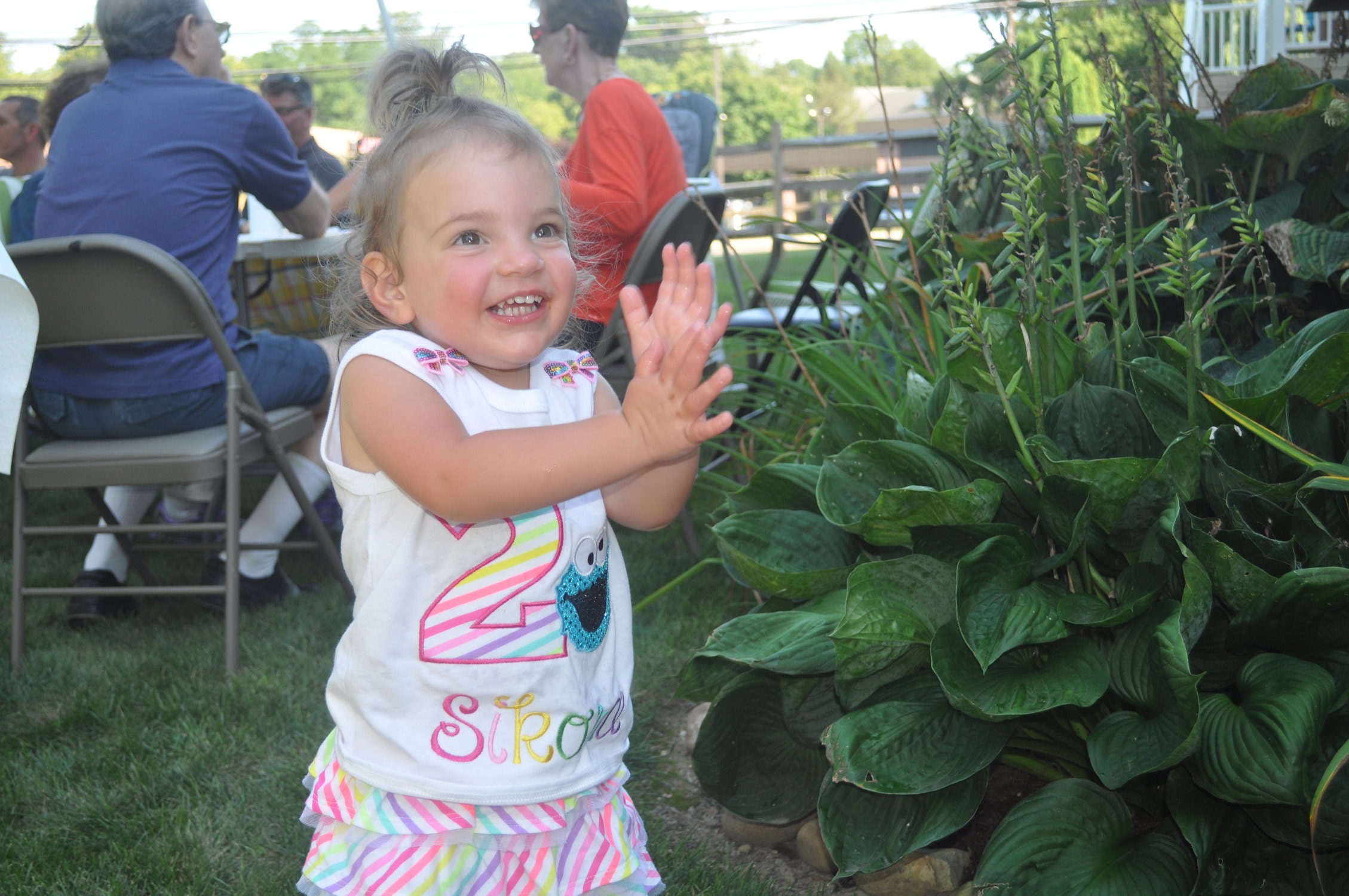
There was no pink ribbon when my Yaya was fighting, no forums to chat in with other women, no blogs in which she could ask questions. But she had hope because she believed there's always hope. And we are hoping these breast cancer awareness cards can provide, if nothing else, a little hope for those who are fighting today.
